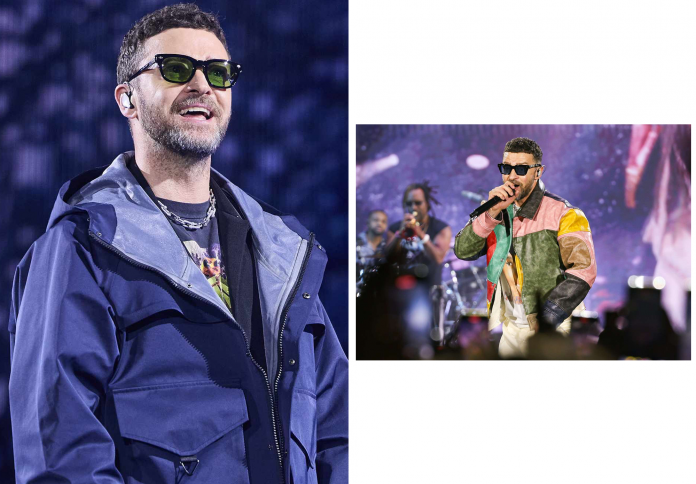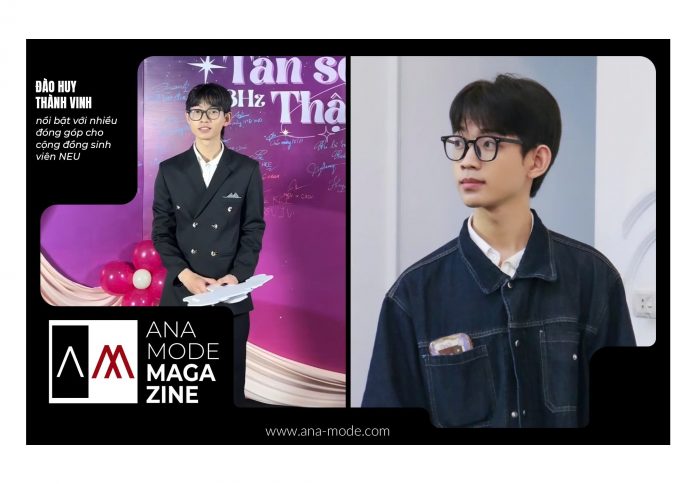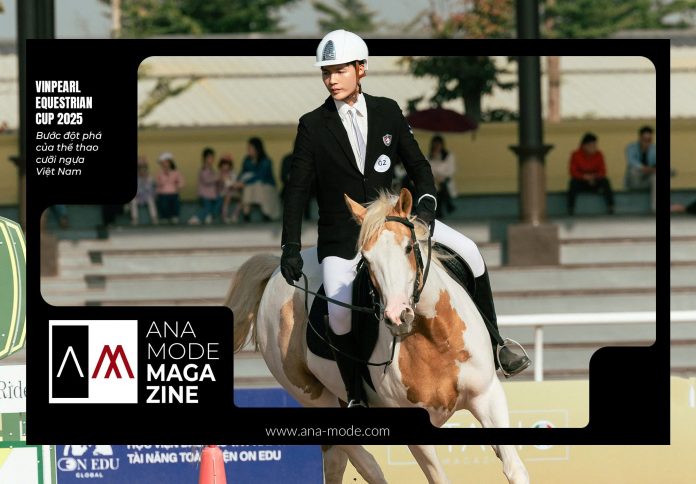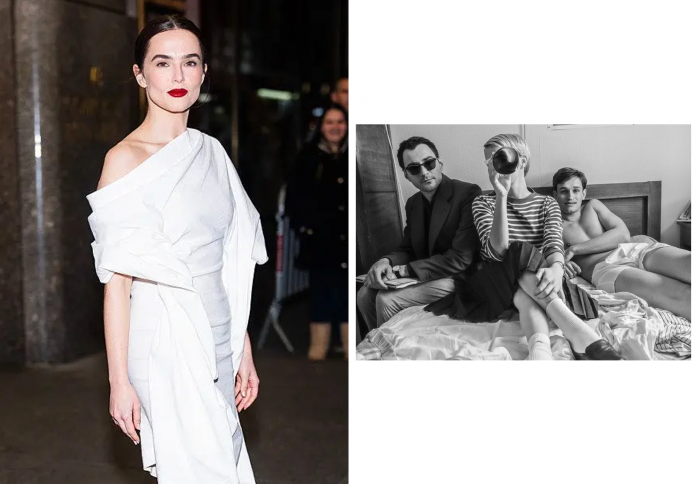Pop superstar Justin Timberlake is facing significant public backlash and mockery after multiple video clips from his European “Forget Tomorrow World Tour” began circulating online, primarily focusing on his perceived lack of vocal effort. The criticism reached a fever pitch following his headlining set at the Electric Castle festival in Romania and another performance at Lollapalooza Paris. Fans who paid premium ticket prices accused the singer of “barely singing” and relying too heavily on the audience to carry the melody for extended periods, particularly during hits like “Can’t Stop the Feeling!” and “Cry Me a River.” The videos—which show the singer lowering his microphone, gesturing to the crowd, and performing minimal dance moves—ignited a massive online debate, with critics labeling the shows “The Justin Timberlake Karaoke Tour” and demanding refunds for what they called a “day off on stage.”
The Video Clips That Sparked the Fury
The controversy exploded after a fan-captured TikTok video of Timberlake’s performance of “Can’t Stop the Feeling!” at the Electric Castle festival in Romania went viral, quickly racking up millions of views. The video showed Timberlake singing only the opening lines of the song before promptly turning the microphone toward the audience and instructing them to take over the verses and choruses. Throughout the nearly minute-long clip, the singer is seen walking the stage and gesturing for the crowd to sing, interjecting only a handful of words.
:max_bytes(150000):strip_icc():format(webp)/justin-timberlake-europe-tour-072325-1-6e08df87de61424483b0794a5393123b.jpg)
This footage was soon followed by similar clips from his Lollapalooza Paris performance, where he was criticized for the same behavior during his classic hit, “Cry Me a River.” For many fans, the repetitive nature of this performance style—especially given his reputation as one of pop’s most dynamic and hard-working performers—felt disrespectful. One Romanian fan who stood in the rain waiting for the show claimed the artist was late and “sang like five words on each song,” demanding better effort for their money.
The Online Mockery and Disappointment
The backlash on social media was swift, fierce, and highly creative. Critics coined the term “The Justin Timberlake Karaoke Tour,” arguing that paying hundreds of dollars for a ticket only to hear the audience sing the songs amounted to a ripoff. One widely circulated joke compared the concert experience to renting an Airbnb: “You pay a cleaning fee but still do the cleaning. At his concert, you pay for a ticket but still do the singing.”
:max_bytes(150000):strip_icc():format(webp)/justin-timberlake-europe-tour-072325-2-4a75b5d72c134b0787658b6c7c4631b4.jpg)
The sentiment among the disappointed was that Timberlake, a world-class entertainer, was delivering the “bare minimum.” Fans accused him of being disengaged, with some noting he also covered his face with a hood and sunglasses, making it difficult to see him clearly. The sheer volume of critical comments, which overshadowed the standard tour praise, indicates a significant erosion of good faith from many concertgoers who felt short-changed by the lack of vocal delivery and perceived low energy.
Analyzing the Performer’s Intent
While the negative reaction focused on laziness, the act of a major artist turning the microphone to the audience is a common concert trope often intended to create a moment of connection and collective euphoria. For a massively recognizable song, allowing the fans to sing along can be interpreted as a celebratory nod to their dedication and knowledge of the music. In isolated instances, this fan-engagement technique often works well, especially during a chorus.
However, in Timberlake’s case, critics argued that he was relying on this technique too extensively and for too long, essentially pushing the bulk of the vocal performance onto the ticket-buying public. Some industry observers suggested that the singer may have been dealing with temporary vocal strain or a medical issue, forcing him to be on vocal rest. However, this speculation was quickly countered by critics who insisted that if an artist is unable to deliver a full performance for an entire tour, it is dishonest to continue selling high-priced tickets.
The Broader Implications for the Tour
The ongoing viral criticism poses a significant challenge for the remainder of the “Forget Tomorrow World Tour.” The debate has moved beyond a single bad performance to a critique of the singer’s current professional commitment. Fans who attended the shows in question reported an abrupt end to the set after only about 75 minutes, further fueling the sense that they received an incomplete show for a two-hour advertised slot.
The widespread disappointment underscores a crucial expectation in live music: fans pay for a performance, not a sing-along session. Although artists may choose to share the mic, the audience demands a demonstrable effort from the headliner. As the negative narrative continues to spread, the lasting damage could affect future ticket sales and the overall perception of Justin Timberlake’s work ethic as a live performer, making this public backlash a critical moment in his tour’s trajectory.










